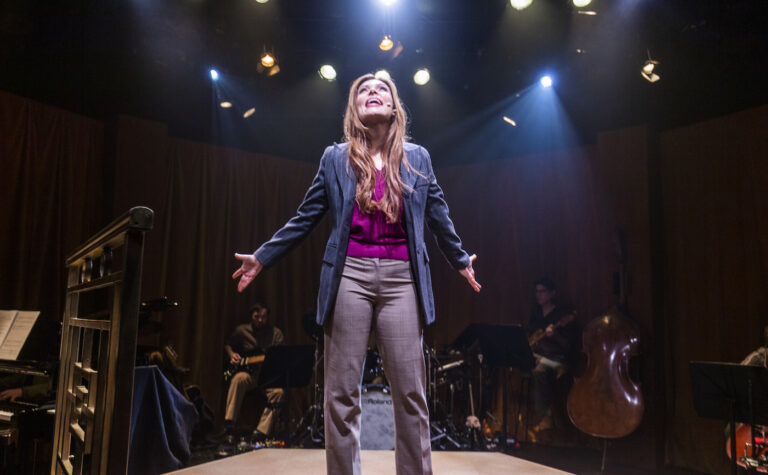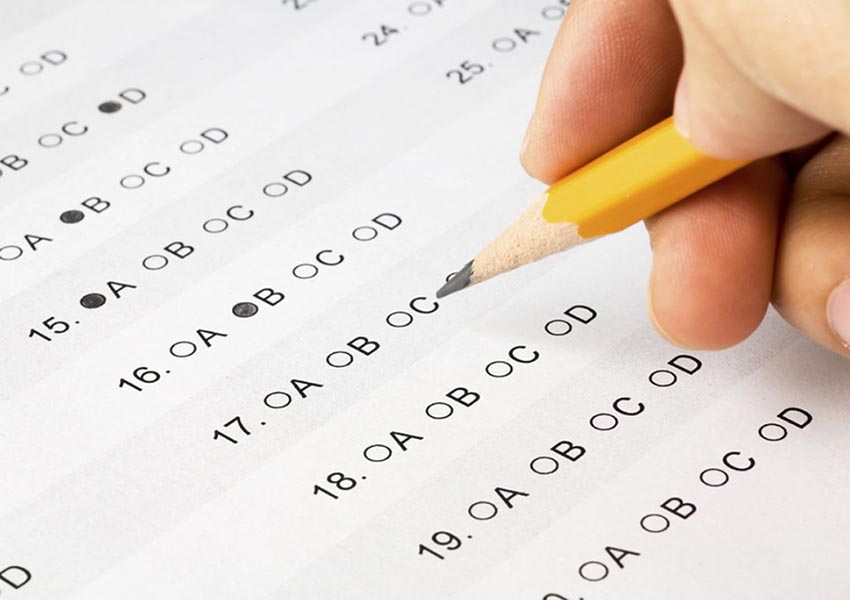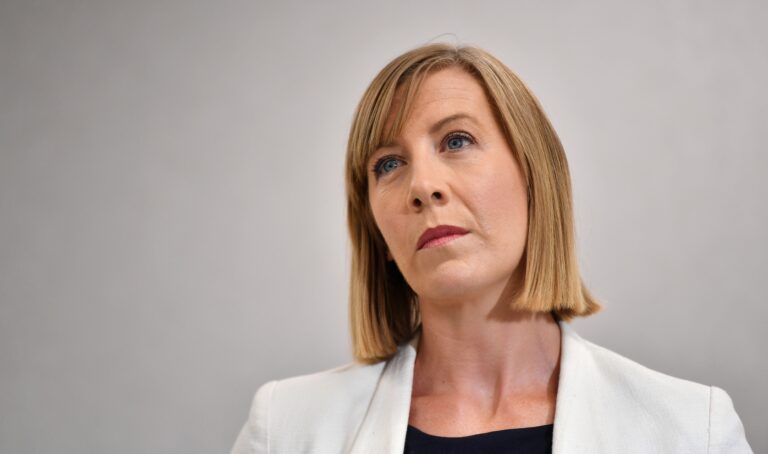
Slow NAPLAN growth for elite schools

By LANIE TINDALE
NAPLAN data shows lower academic growth in elite schools compared to the New South Wales state.
Of the top 22 most expensive schools in NSW, 16 showed lower gains in NAPLAN numeracy and reading results than the state average from 2016 to 2018 among current Year 11 students.
This cohort were in Year 7 in 2016 and Year 9 in 2018. The tuition fees at these elite schools range from $31,470 to $38,214 for Year 12 students.
Meriden School in Strathfield, which will set parents back up to $31,470 annually, showed a 2.1% increase in NAPLAN numeracy scores from 2016 to 2018. The state average score growth is 8.7%.
Students who were in Year 9 last year at St Luke’s Grammar School had a 3.4% growth in scores from Year 7. The state average was 8.2% score growth. Tuition for Year 12 students at St Luke’s Grammar is $32,940.
Year 7 students at elite high-cost secondary schools started off with higher NAPLAN scores than the state average in 2016. In numeracy, the scores at elite schools ranged from 582 (Scots College) to 712 (Sydney Grammar School). The NSW average score was 542.
In reading, scores among elite schools ranged from 576 (Moriah College) to 698 (Sydney Grammar School). The NSW average score was 541.
Despite a lower growth rate, every 2018 Year 9 cohort in the most expensive NSW schools maintained higher scores than the state average.
Professor James Tognolini, education assessment expert, said it is harder to improve scores for students performing at the top of NAPLAN.
“NAPLAN isn’t a precise measure at the top,” said Dr Tognolini.
He said NAPLAN was originally designed to assess “children at risk or of a lower ability.” It doesn’t allow for extension questions assessing high-performing students.
In 2018, 200,000 NAPLAN tests were conducted online which allowed high-performing students to complete harder questions. However, most schools still use paper and pen tests.
Dr Tognolini said NAPLAN results are “unreliable at an individual level but in a large group of students it is a pretty good measure for how schools are going.”
For some parents, the results are surprising. Lawyer Kate Peterson is considering what secondary school to send her daughter, who is nearly one year old. She is considering co-educational private schools such as SCEGGS if her child doesn’t get into a selective state school.
When shown the NAPLAN data, Ms Peterson said: “Some of those particular schools I was quite surprised they were a lot below those average lines so that definitely impacted my thinking.”
Ms Peterson, who said she was happy with her own public-school education, believes some of high NAPLAN scores resulted from enrolment selection “and the management of the students excluding people.”
“But I do think that there is a high achieving sort of culture which would support academic achievement,” Ms Peterson said.
Business development manager Sara Ghaly said she had put her 1 and 3-year-old daughters down for Loreto Kirribili, Meriden School and St Andrews Cathedral School for high school in the expectation the schools would improve their academic results. “Our local public high school does not perform so well, and this is our expectation that it will improve our children’s academic results,” Ms Ghaly said.
Other parents said their choice to send children to elite private schools wasn’t about academic achievement.
Krish Na, who has a Year 1 child at a local public school, considers an elite private secondary school a preferable alternative to a selective state school. He said he doesn’t think there is an academic advantage at private schools. “I think there’s an advantage when it comes to sports, or arts or soft skills,” he said. “[T]he alumni networks I think provide good stepping stones in the future.”
Nicole Graham sends three of her children to three different elite private schools. She says the academic results of schools didn’t matter in her decisions.
“I would prioritise culture because I think if you get the culture right then the academics will follow.”
Ms Graham said she was more concerned about the moral education of her children than their academic results.
She expressed concern that for boys, “the more fees you pay, the more likely you’re going to get a boy that’s an entitled arsehole.”
However, she said that private schools offer more opportunities. “It’s the extra curriculars, not just sport but more around music and language that a lot of the state schools don’t offer and if they do offer them than it’s like a token offer.”
Dr Tongolini advises parents to ignore NAPLAN scores when choosing a school for their child. “Select schools that fit your child. Scores in NAPLAN could be misleading.”









